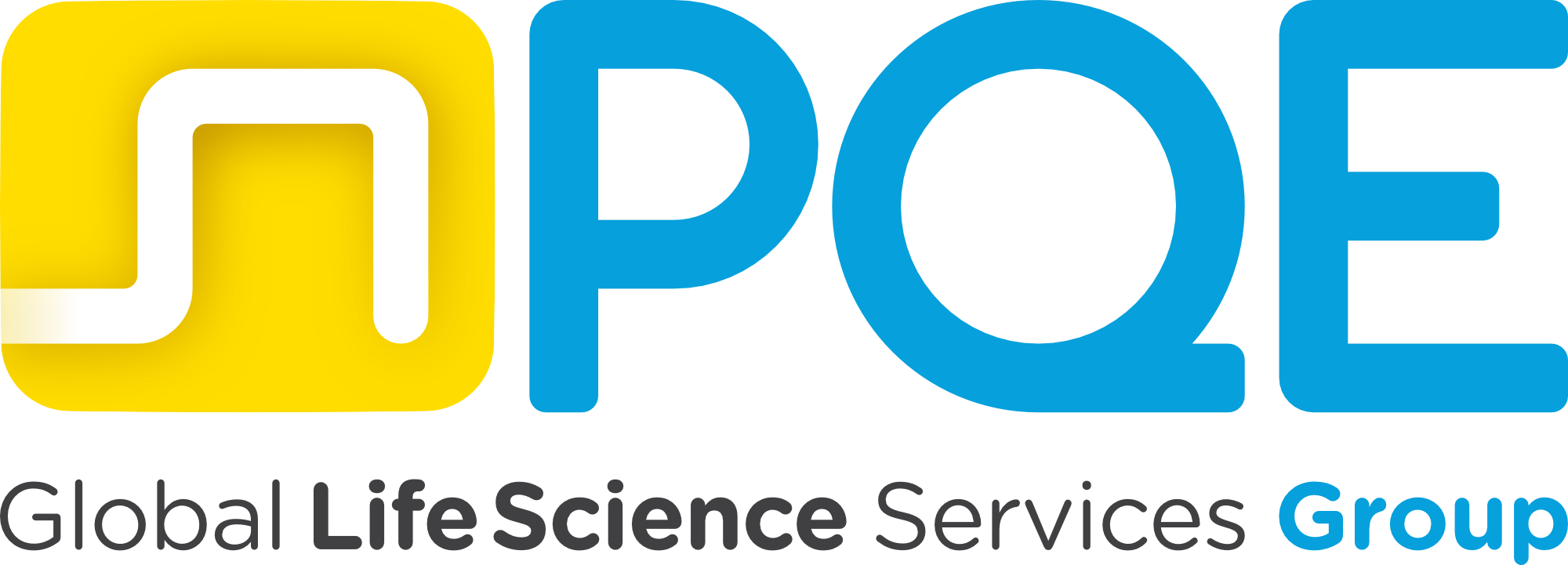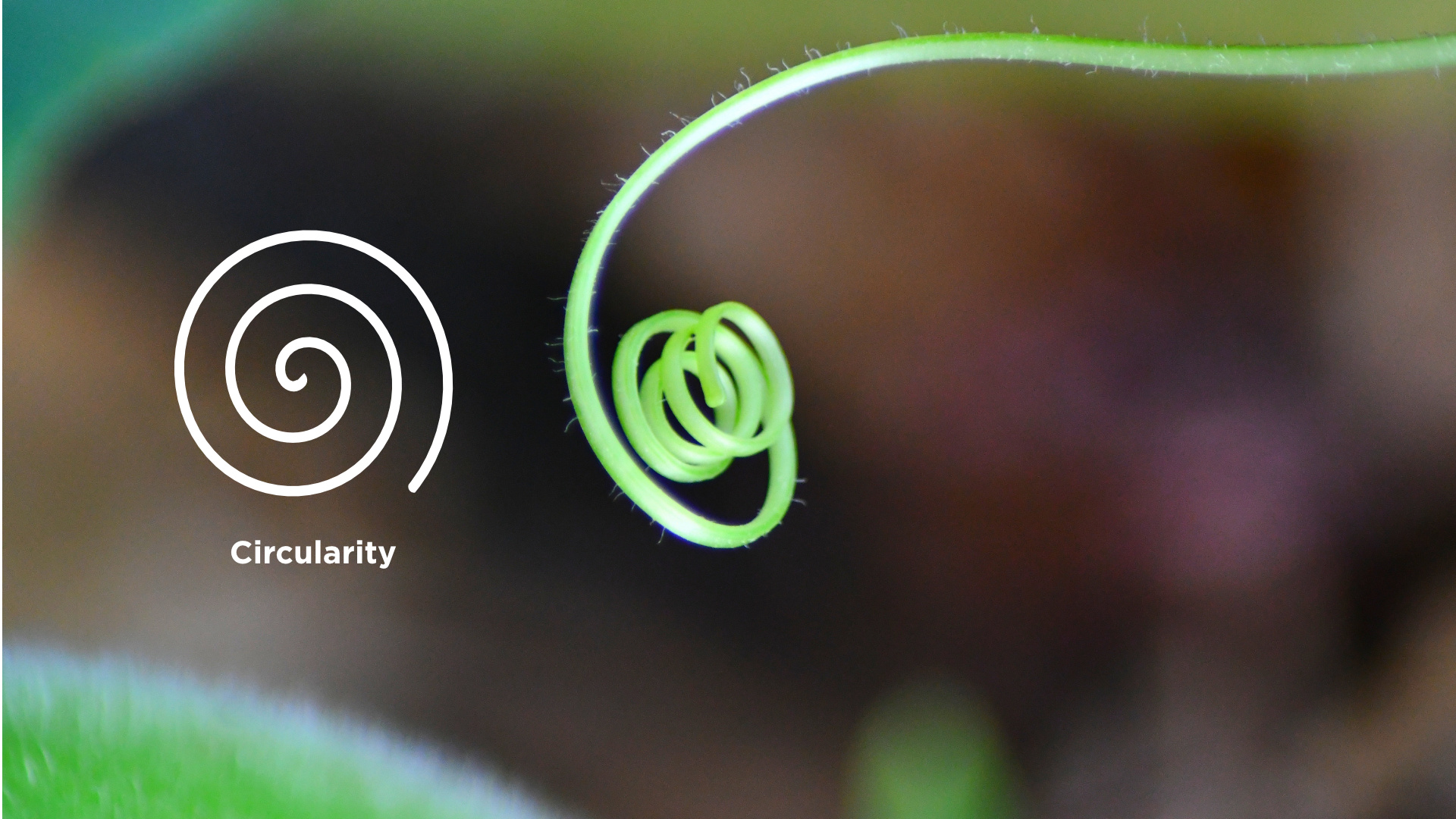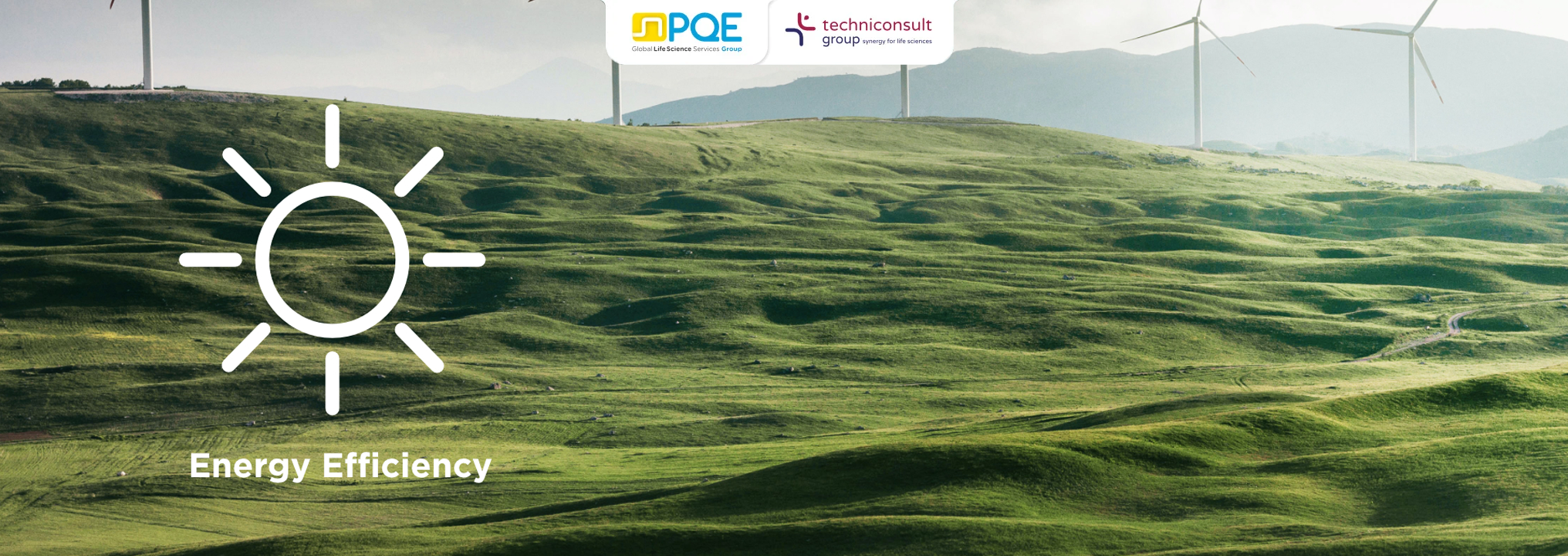Water is used in the industry for different purposes, among which are primarily manufacturing processes (dissolution, dilution), washing and rinsing, heat transfer (heating and cooling), hygienic services, safety (firefighting), and steam generation.
In the pharmaceutical industry, different kinds of water are used depending upon the needs, each characterized by specific chemical and physical properties: well water, industrial water, domestic water, softened water, purified water, and water for injection.
Water with higher degrees of purity requires more complex treatments, entailing significant impacts in terms of energy consumption and efforts to operate and maintain plants.
In order to optimize the use of water, design options and good practices for plant operations and maintenance can be applied:
-
Selection of technologies minimizing water consumption, in case of multiple available technologies for a given scope;
-
Optimization of water consumption at user points, by automatic control of distribution systems (i.e., Building Management Systems) or by limitation of spilled water flow rates;
-
Good design and installation practices, aiming to minimize leakages in water circuits;
-
Good operational and maintenance practices, aiming to minimize circuits refilling and water losses.
A case study was conducted for an application in the pharmaceutical industry regarding the comparison of different technologies for the generation of water for injection with a desired output of 1.500 l/h.
The following technological alternatives were considered: distillation by multiple stages, thermal compression technology, double reverse osmosis with electro deionization and ultrafiltration (cold generation), and a hybrid system (cold generation with thermal compression).
The results of the study showed that the thermal compression technology achieves a significant reduction in terms of water supply compared to distillation, and even more when compared to both reverse osmosis, electro deionization, ultrafiltration and hybrid system.
Moreover, a thermal compression system is the most efficient option in the use of water supply by generating the lowest amount of waste water.
Finally, thermal compression technology requires less steam consumption compared to the distillation and this is an advantage in terms of decarbonization.
The selection of a process technology for a given scope is indeed the result of a global assessment of advantages and disadvantages and a cost/benefits balance, including equipment and maintenance costs and utility needs, and the water consumption is a considerable factor for the selection.
An accurate selection of the manufacturing process technology and the implementation of good operations and maintenance practices can result in a significant benefit for the conservation of water.

.jpg?width=2000&name=EP4_Site%20Banner%20(1).jpg)



